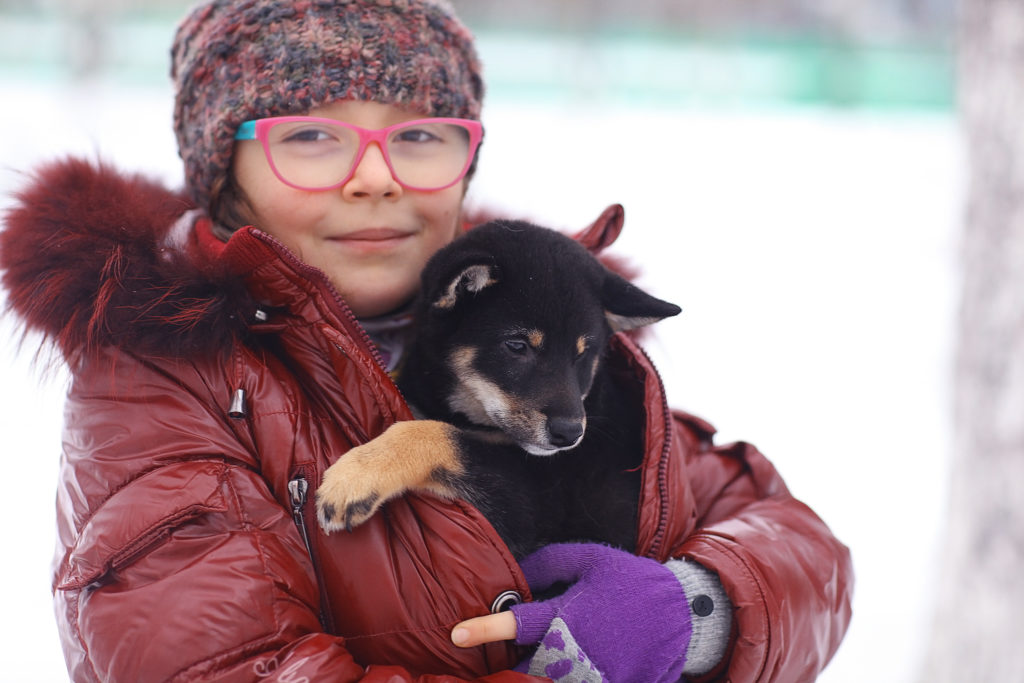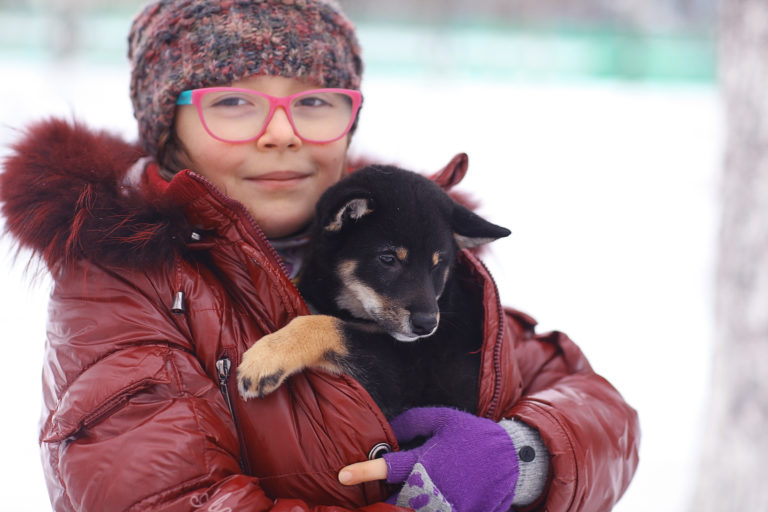And how they are shaping the sector’s priorities with Indigenous communities going forward

1. Every Children’s Aid Society has committed to tangible Reconciliation actions.
On June 6, 2017, the Ontario child welfare sector unanimously agreed to prioritize Reconciliation with Indigenous communities through nine key commitments.
Each Children’s Aid Society (CAS) has committed to:
- Reduce the number of Indigenous children in care.
- Reduce the number of legal files involving Indigenous children and families.
- Increase the use of formal customary care* agreements.
- Ensure Indigenous representation and involvement at the local Board of Directors.
- Implement mandatory Indigenous training for staff.
- Change their inter-agency protocol to include Jordan’s Principle** as a fundamental principle.
- In consultation with the Indigenous communities, develop a unique agency-based plan to better address the needs of the children and families from those communities
- Continue to develop relationships between their agency and the local Indigenous communities
- Assist those individuals wanting to see their historical files by accessing and providing the information they request.
2. Child welfare’s Indigenous commitments are rooted in historical injustice.
The Indigenous commitments are connected to the historical injustices perpetrated against First Nation, Inuit, and Métis communities by the Canadian government and Provincial child welfare systems, including residential schools and the Sixties Scoop. These colonial legacies have resulted in community impairment, intergenerational trauma, and the overrepresentation of Indigenous children in child welfare.
The commitments made by the Ontario child welfare sector represent an acknowledgement that it must do better, be held accountable to results, and work in a framework that recognizes and supports Reconciliation with Indigenous communities.
For more information about the historical context of child welfare’s Reconciliation efforts, read our 2016 interview with OACAS’s Director of Indigenous Services, Karen Hill.
3. Child welfare will apologize to Indigenous communities at a gathering in October 2017.
OACAS will host an acknowledgement and Reconciliation gathering October 1-3, 2017. The purpose of the event is to facilitate dialogue between non-Indigenous child welfare agencies, Indigenous agencies, and representatives from Indigenous communities and leadership across Ontario.
At the event, OACAS will apologize for the role the child welfare sector has played, and continues to play, in the lives of Indigenous families. The 2017 Indigenous commitments will also be presented to attendees to seek their feedback, and to demonstrate accountability to the Indigenous communities served by Children’s Aid Societies. The gathering, apology, and commitments mark a significant milestone in the child welfare sector’s journey to Reconciliation. Learn more about the Reconciliation process and the upcoming gathering here.
4. Child welfare will monitor and report on the commitments.
An Indigenous Commitment First Look Tool has been developed by OACAS to assist agencies to prepare to honour the commitments. The tool links the commitments to each agency’s individual resources, capacity, and current practices, in order to help them assess their limitations and strengths toward meeting the commitments. The tool is designed to support accountability and transparency for local agencies, the sector, and Indigenous communities. Children’s Aid Societies will complete the tool ahead of the October gathering as a way to tell their story and mark their progress toward the nine Reconciliation commitments.
*Customary care leaves the responsibility for the care of the child with the Indigenous community.
**Jordan’s Principle is a child-first principle aimed at ensuring that services to First Nations children are not denied, delayed, or disrupted due to jurisdictional disputes. The principle is named for Jordan River Anderson, a young boy from Norway House Cree Nation in Manitoba. Learn more here.
